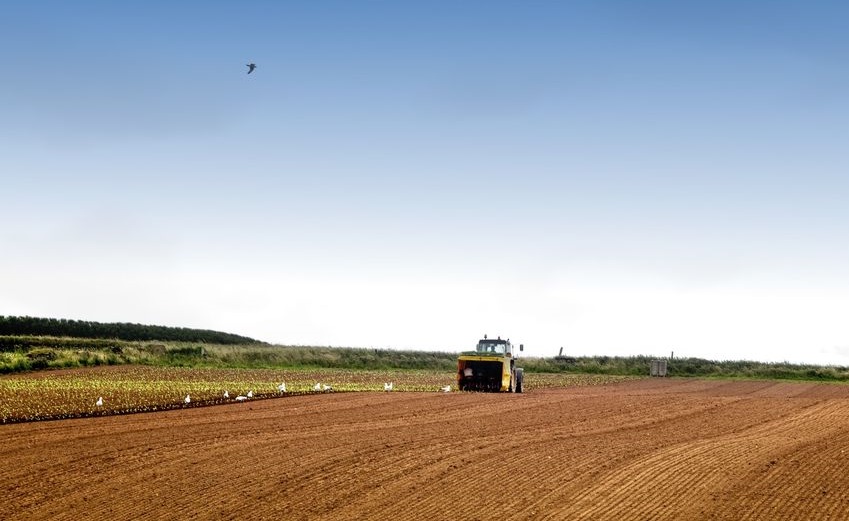
Candidates with an "enthusiastic and knowledgeable" flair have been urged to finalise their submissions as the deadline for Nuffield Farming Scholarship looms.
It’s less than three weeks until the 31 July deadline for the Scholarship applications, and applicants have been asked to finalise their submissions.
The Scholarship Trust is looking to recruit candidates aged between 22 and 45, with a desire to broaden their horizons and make a difference to the future of UK agriculture.
The scholarships are globally recognised, and often facilitate personal career development, as well as improvements in business and the agricultural industry.
Scholarships are funded by a raft of sponsors who provide successful candidates with a bursary of £7,000 to cover travel and subsistence for a minimum of eight weeks’ worth of global research.
Nuffield Farming director, Mike Vacher explains he has already seen a high level of applications and is looking forward to receiving more.
“Scholars receive a bursary of £7,000 to cover at least eight weeks of global travel, as well as a raft of other benefits including training and a place at the international Contemporary Scholars Conference,” he says.
Agricultural knowledge
2016 scholar, Richard Hinchliffe explains that his scholarship has greatly broadened his agricultural knowledge and helped him to successfully evolve his farming practices.
“I was awarded my Scholarship in 2015, on the topic of herbicide resistant weeds, after a long battle with blackgrass on my own farm in Yorkshire. Since then, my research has helped the farm to become blackgrass free for the first time in 17 years,” says Mr Hinchcliffe.
“During the 18-month study period I travelled to the USA, Australia and Argentina to investigate how other farmers and agronomists dealt with the challenge I was facing.
“I had the opportunity to see how farmers reacted to export quotas and crop tariffs, which led to over 60% of cropping land being placed into soybean production, and rapid development of herbicide resistance in many weed species,” he says.
